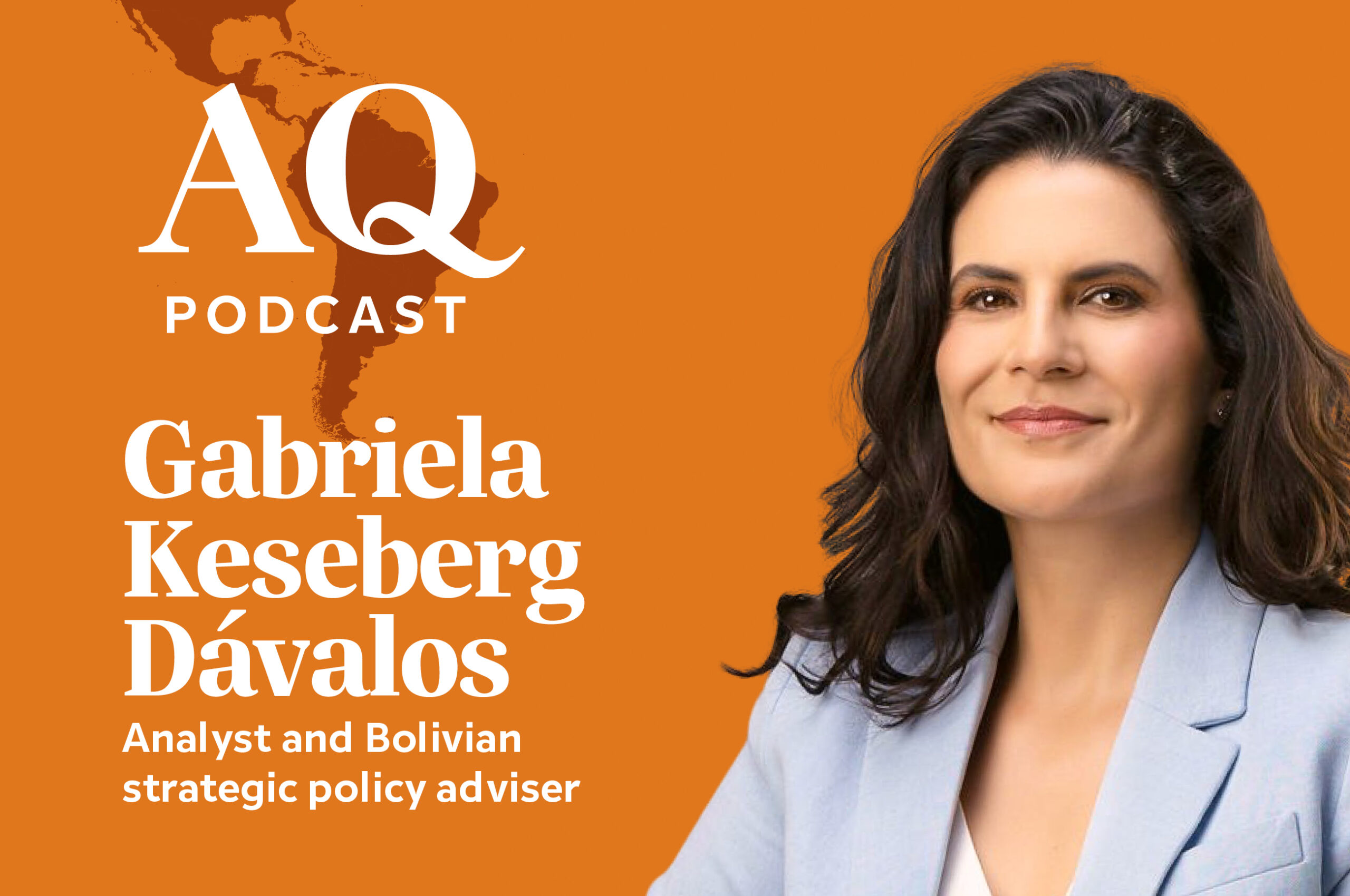Debt Crisis Redux
Debt Crisis Redux
"We all need to recognize the responsibility that advanced economy creditors have to their stressed borrowers," cowrites AS/COA Chairman Emeritus William R. Rhodes in Reuters Breakingviews.
The U.S. Federal Reserve is belatedly reacting to high inflation. Whether or not Chair Jerome Powell manages to tame worrying price pressures, his rhetoric and actions are pushing up interest rates in poorer countries at a speed not seen in more than a decade. That spells real trouble for emerging markets and lower-income countries, which are already groaning under the weight of large sovereign debts.
The 1980s debt crisis in Latin America played out in the same manner. The Fed took robust and necessary action that ended up triggering debt crises in emerging economies overburdened with debts. In 2022, emerging economies face a quadruple hit. These countries are grappling with the pandemic with lower vaccine access and take-up rates, and very high mortality rates, exacerbated by the Delta and Omicron variants. They are experiencing a slower economic rebound. At the same time, many have debt loads at distress levels and are confronting rising inflation. This puts their central banks in a terrible bind: These rate-setters must tighten monetary policy, even though they face ongoing health, economic and debt-driven dynamics.
How big a problem is this debt distress and fiscal shock? The International Monetary Fund has warned of economic collapse in some low-income countries. This affects huge numbers of people across the globe. 60% of the world’s poorest countries are either at high risk of, or already in, debt distress, double the share in 2015, according to IMF Managing Director Kristalina Georgieva. The countries affected range from Chad, Ethiopia, Gambia, Kenya and Zambia to Afghanistan and Tajikistan. Lives are at stake…









